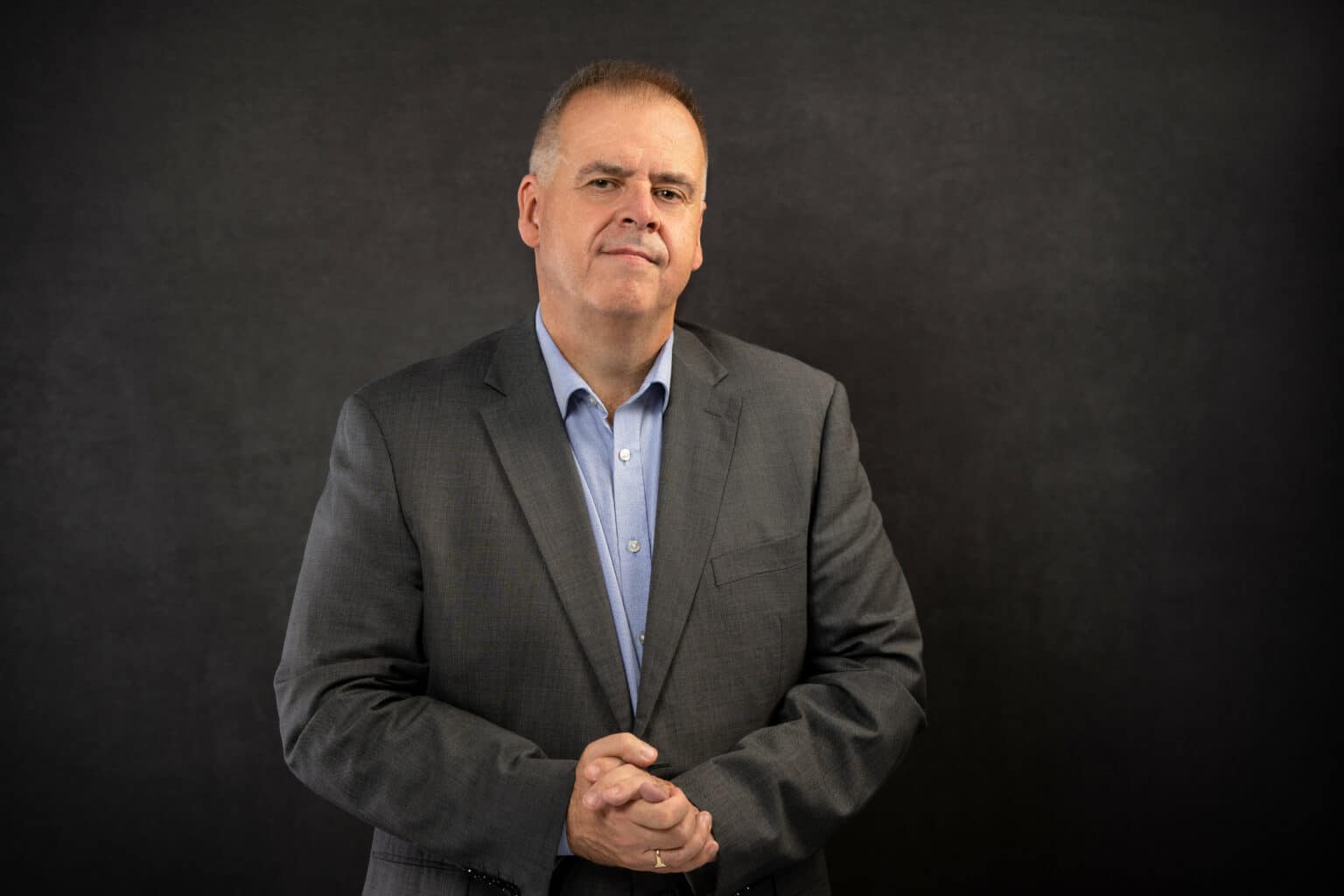ISJ Exclusive: Simon Whitehouse, Managing Director, SGW Consulting Group


James Thorpe
Share this content
In my capacity as a practicing security professional, I have been fortunate during my career, to have had the opportunity to consult in risk management for various built environment sectors and regions, to apply and prescribe balanced protective security measures for the protection of people, together with tangible and intangible assets.
Threats from terrorism, espionage and hostile foreign states continues to be high on the agenda for public and private sector organisations around the world.
Continued analysis of global intelligence, incidents success by the adversary and failures by the adversary across international regions, allow us to apply lessons learned in the way we approach facility design to ensure protective security measures are proportionate, effective and responsive. Impact assessment and international benchmarking underpins the security professional’s ability to understand how we can continually improve and increase our resilience towards the adversary.
The UK has suffered recent terror attacks at public spaces, in addition to the devastation of larger-scale atrocities such as that at the Manchester Arena. Internationally, Islamic State (IS), Al-Shabaab, the Taliban and Jamaat Nusrat Al-Islam wal Muslimeen (JNIM) were responsible for 3,364 deaths from terrorism, representing 47% of total deaths in 2021.
Across the next 12 months and beyond, the security profession will need to continue to ensure our preparedness is much more effective and responsive to combat the increasing maturity and preparedness of our foes. I anticipate that during the next twelve months, we will see increased cooperation, collaboration and information sharing between international countries and their respective governments, regulatory bodies, professional membership bodies and the private sector.
I hope that in the UK, Protect Duty, when it does become law for publicly accessible locations, will further expand on the National Policy Framework, which suggests that planning policies and decisions should consider wider security requirements with threat, risk and vulnerability assessment. I predict that Protect Duty will need to have clear methodology to help the venue operator and regulatory bodies to define the Grey Space, how to protect it, by who, when, where and why.
In consideration of my earlier comment on the value of benchmarking, I feel that Protect Duty must recognise best practice examples of where protective security planning has resulted in a safer and more secure environment. The work previously undertaken by the Safety and Security Team at the Abu Dhabi Urban Planning Council to create the Safety and Security Planning Manual (SSPM) was approved by the General Secretariat Executive Council in April 2013 and officially launched in November 2013.
At the highest level, the SSPM includes policy statements, to ensure that safety and security is a core planning consideration in all new developments. It also requires protective security arrangements (for new or existing buildings) to be fit for purpose, appropriate, proportionate to risk and balanced with other planning and design objectives.
SABRE is a security risk management standard for new and existing buildings, infrastructure assets, and managed space. I predict that SABRE will gather further momentum in 2023, in terms of providing an already established framework of licenced assessors, security professionals and companies, who have been assessed on a competence-based framework, who could be engaged to support Protect Duty legislation, if mandated in the future.
Internationally, SABRE provides facility operators with an ability to evidence their commitment to security and communicate their ability to manage security risks. This provides valuable assurance to tenants, insurers, investors, regulators, planning authorities and other interested parties. I predict that over the coming year and beyond, we will see further importance placed on pragmatic and proportionate security planning and assessment schemes such as SABRE, not just to satisfy the regulator or insurer, but to increase the overall venue attractiveness, not for the adversary, but for the facility operator and user.
Bio
Simon works internationally from SGW’s UK and Dubai offices, leading a consulting team which provides risk consulting, security master planning for urban developments and security engineering services for the built environment. Simon is a seasoned security practitioner, company director and practice leader with extensive experience gained over a 35-year career span which has solely focused on the security engineering and security management industry profession.



